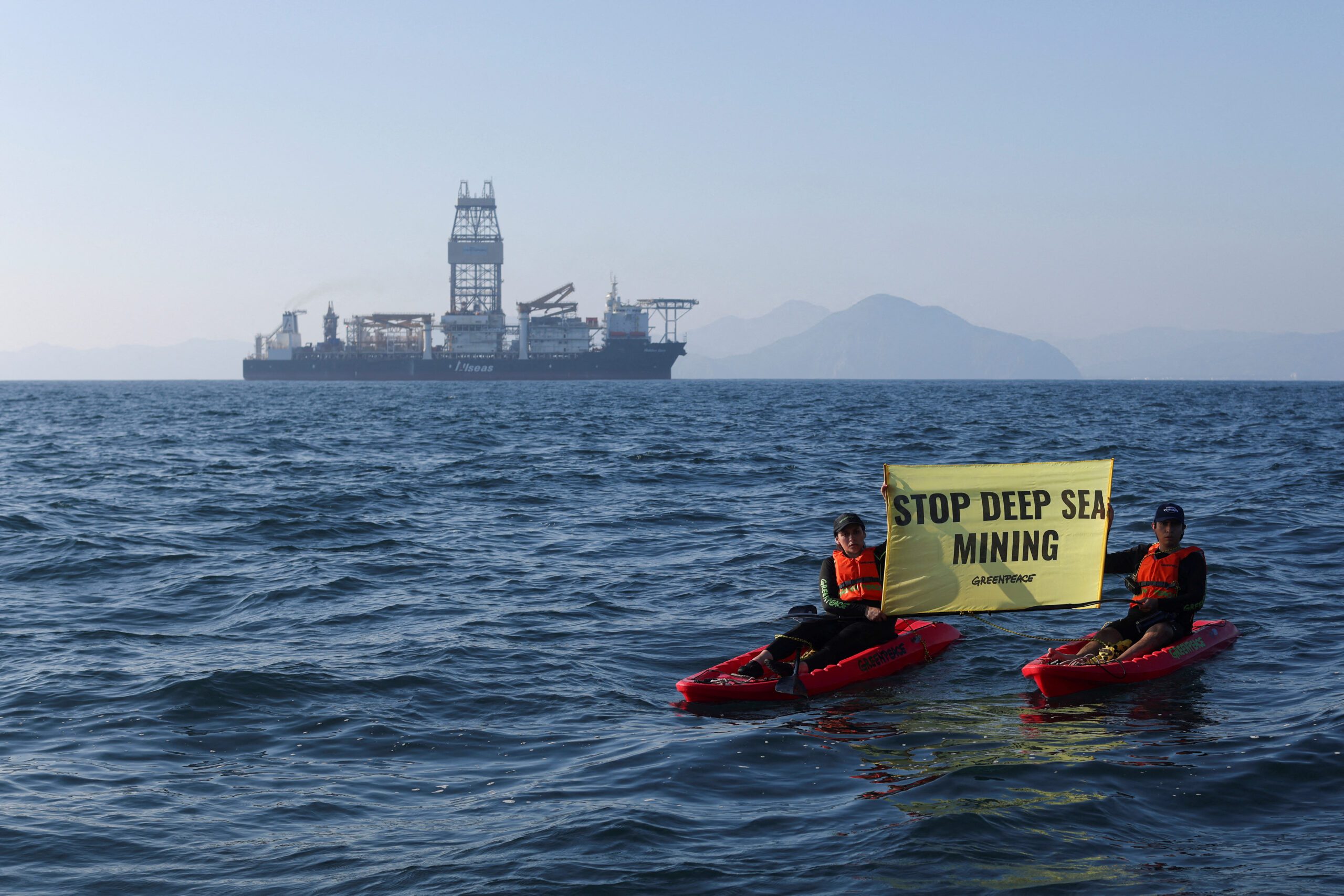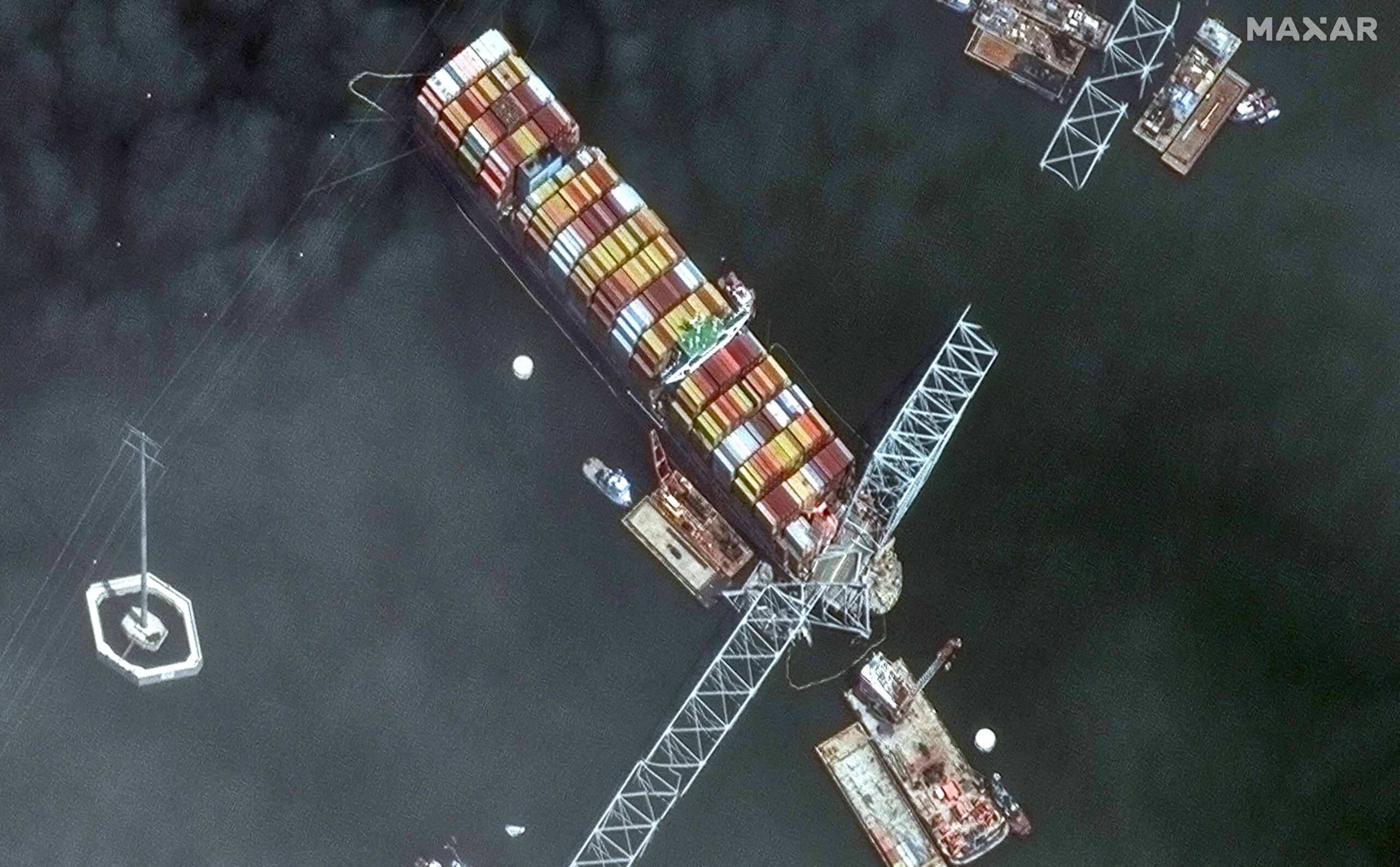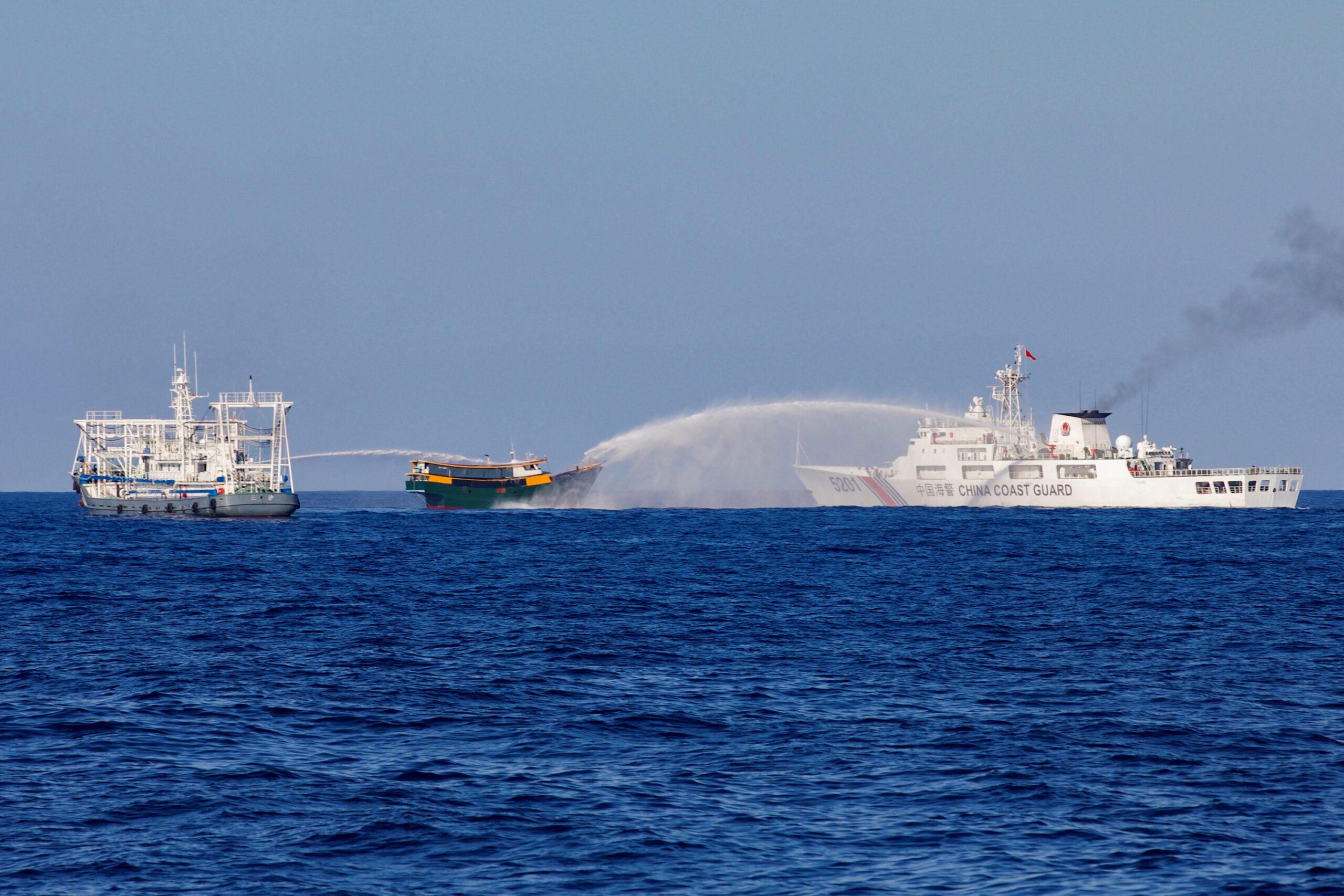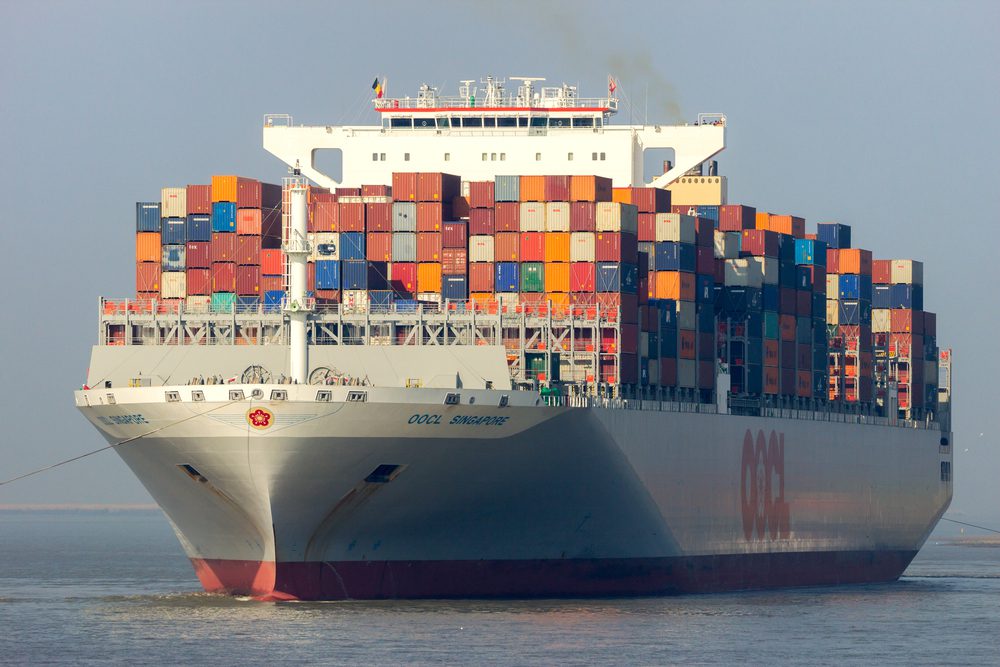Global shipping giant A.P. Moller-Maersk is reportedly selling its stake in The Metals Company (TMC), a leading deep-sea mining firm, as the legal process to permit seabed mining nears completion.
Maersk’s interest in TMC has fallen below 2.3%, with the company planning to sell all remaining shares, The Wall Street Journal reported Wednesday. The shipping company had a 9% stake in TMC in 2021 and has been an investor since 2017, the report said.
Deep-sea mining has attracted attention for its potential to extract key metals, such as cobalt and nickel, from rocks on the seafloor, known as polymetallic nodules, which will be required to make the batteries used to support the uptake of electric vehicles and support the renewable energy transition.
Proponents of deep-sea mining argue that the practice could alleviate shortages and address humanitarian and environmental concerns associated with traditional mining methods. However, critics have raised concerns about the environmental impact.
Maersk entered a contract with TMC five years ago to provide shipping services, with payment for the contract coming in the form of shares, which Maersk is now selling. In 2022, TMC reported that Maersk’s vessels were unsuitable for its mining operations and instead signed a contract with engineering firm Allseas Group.
Deep Sea Mining Applicants Face Uncertainty
TMC initially aimed to commence mining in the second half of this year, but is now willing to wait until a mining code is finalized by the UN-backed International Seabed Authority (ISA), which was originally expected by July of this year.
However, the ISA and its member states failed to reach an agreement on seabed mining regulation during a March meeting, with concerns over royalty payments and environmental damage being key issues. Further meetings are scheduled for late July and October.
TMC’s stock, listed on the Nasdaq exchange, has lost over 90% of its value since going public in 2021.
More Governments Are Turning Against the Deep Sea Mining Rush
Last October, The Metals Company said it successfully collected polymetallic nodules from the seafloor of the Pacific Ocean as part of a trial of a new nodule collection system, marking the first such test in the metals-rich Clarion Clipperton Zone (CCZ) since the 1970s. The collection system was designed by Allseas and is deployed on board the company’s deep sea polymetallic nodule collection vessel Hidden Gem, a converted ultra-deepwater drillship.
Unlock Exclusive Insights Today!
Join the gCaptain Club for curated content, insider opinions, and vibrant community discussions.

 Join The Club
Join The Club













